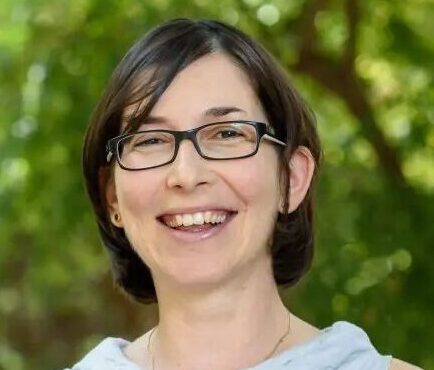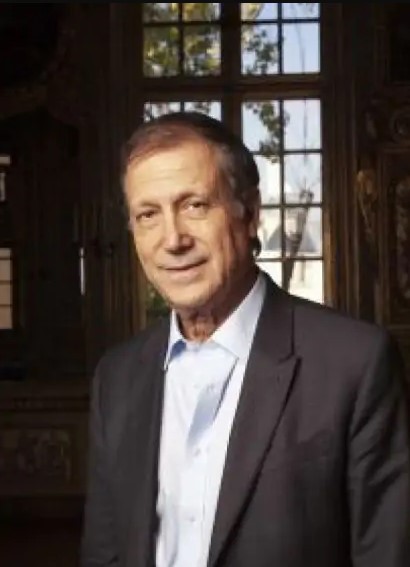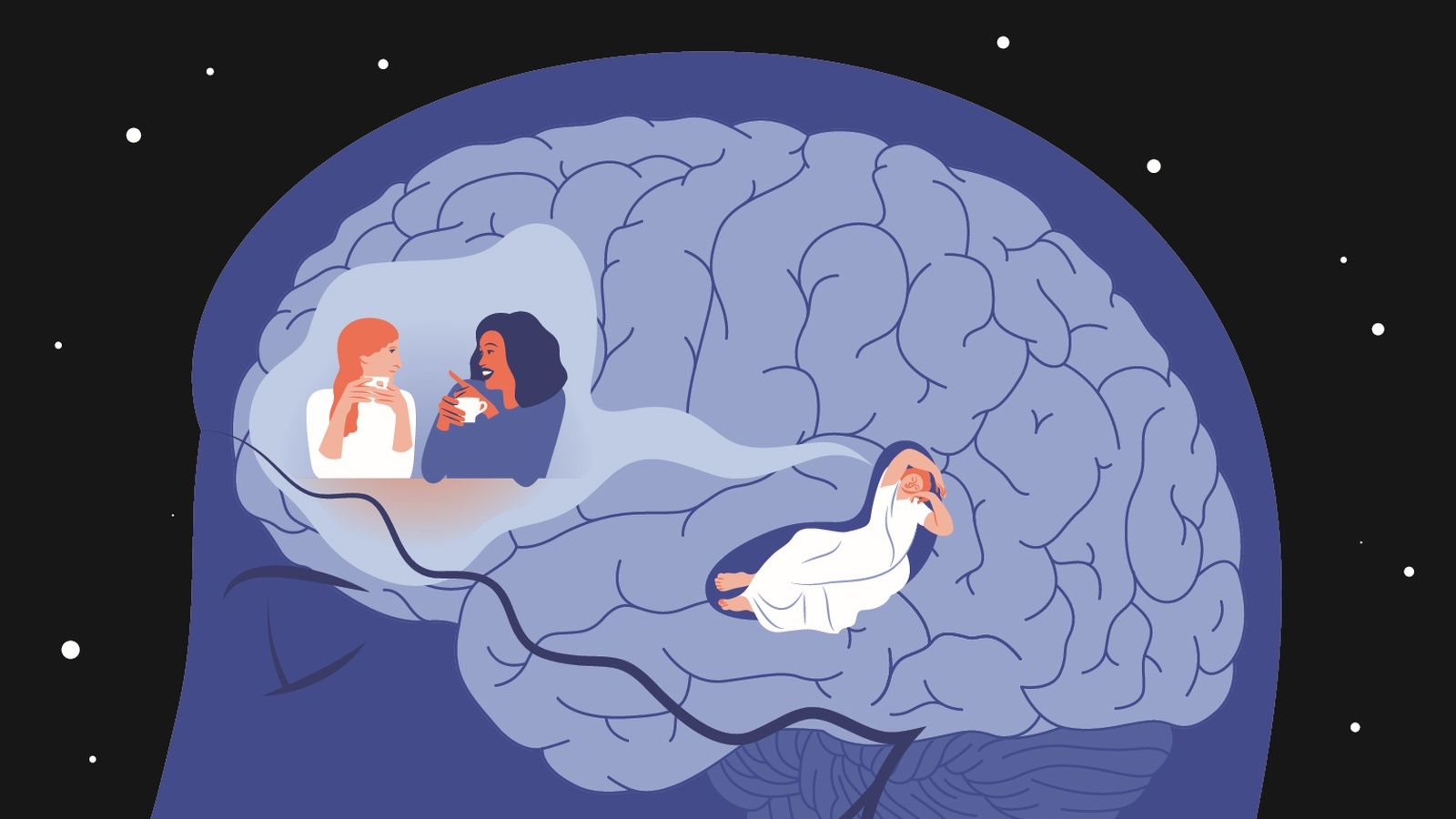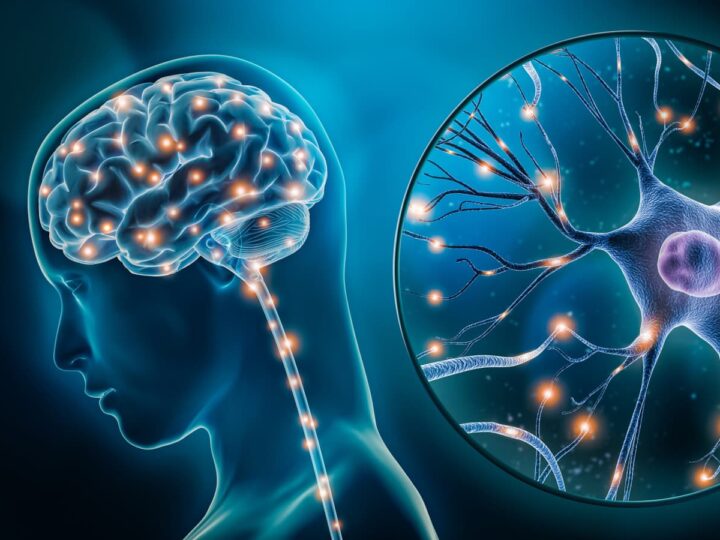Researchers from Tel Aviv University and University of California recently developed a method that helps improve memory with the help of deep-sleep brain stimulation.
Their system enhances communication between the hippocampus, the part of the brain involved in acquiring new memories; and the frontal cortex, where long-term memories are stored.
This proves for the first time the unique connection between the two parts of the brain and allows for precisely timed delivery of information.
The study’s 18 participants — epilepsy patients who initially entered a study trying to pinpoint the areas of the brain that cause their seizures — reported significant improvement of their memory’s accuracy after completing a deep-brain stimulation sleep cycle, compared to their regular sleep cycle.
They completed two memory tests, one after an undisturbed night of sleep and one after a night with deep-brain stimulation. On both occasions, they were asked in the morning to recognize famous persons whose pictures they had been shown the previous evening. The study found that deep-brain stimulation significantly improved the accuracy of their memory.
The study, published in the Nature Neuroscience journal, was led by Maya Geva-Sagiv, in partnership with the laboratories of Prof. Yuval Nir from the Sackler Faculty of Medicine, Department of Biomedical Engineering, and Sagol School of Neuroscience at Tel Aviv University, and Prof. Itzhak Fried from the Department of Neurosurgery at UCLA and the Sackler Faculty of Medicine at Tel Aviv University.

Geva-Sagiv said the goal of the research was to “enhance the natural mechanisms at play, to discover exactly how sleep assists in stabilizing memories.”
“We found that our method had a beneficial effect on both brain activity during sleep and memory performance. Our deep-brain stimulation method is unique because it is close-looped – stimuli are precisely synchronized with hippocampal activity,” said Fried.

Nir added the researchers finally were able to prove a long-held hypothesis: that coordinated activity of the hippocampus and cerebral cortex during sleep is a critical mechanism in consolidating memories.
“Intervention during sleep represents a unique approach that can be further developed in the future to provide hope for people with memory impairments such as dementia.”
















